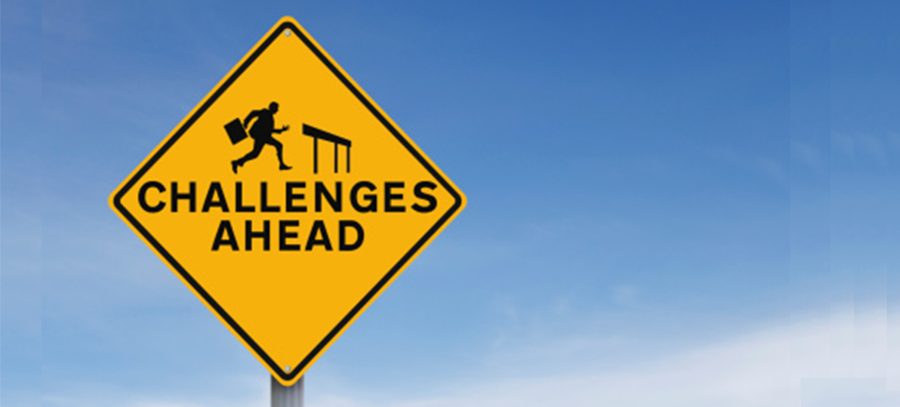This pandemic has certainly taken everyone by surprise.
It was something that no business, no matter how strong it was, was ready to face.
When a new threat shows up represented by new technology, a market shift, or a new competitor,
companies, generally speaking, are more or less ready to face the new challenge. They try to innovate or anticipate change to keep their market share and continue to thrive.
With Covid-19, however, there wasn’t really much, in theory, that could be done to fight back or to overcome the situation. As companies were not able to proactively anticipate the events, they ended up reacting trying, when possible, to find ways to cope with the consequences of such widespread disruption.
Unfortunately, some of the consequences seen were that too many businesses have had to close their doors indefinitely, people were furloughed or lost their jobs and some companies took the chance to lay off part of their workforce.
This situation reminded me of what happened to Victorinox, a Swiss company that made the Swiss Army knife famous in all the world which saw its business hugely affected after September 11. This famous corporate article and standard gift that was given for birthdays, retirement, and graduations, all of a sudden, got banned from hand luggage. Instead of taking a defensive approach, Victorinox embraced the surprise as an opportunity rather than a threat. So, rather than adopting extreme cost-cutting and laying off of their workforce, they came up with innovative ways to save jobs investing in new product development. Of course, they could do this because in good times they were able to build up reserves of cash knowing that, at some point, they would have faced difficult times. Before September 11 knives used to account for 95% of the total sales. Today the knife accounts only 35% of total sales but, with new products put in the market (watches, travel gear, etc.), Victorinox has been able to double its revenue.
I believe that, basically, there are two lessons to learn from Victorinox. The first is to create reserves to be used during difficult and economically disruptive times and the second to embrace challenges and potentially negative situations to bounce back exploring ways to transform your business instead of suffering a fatal crisis.

